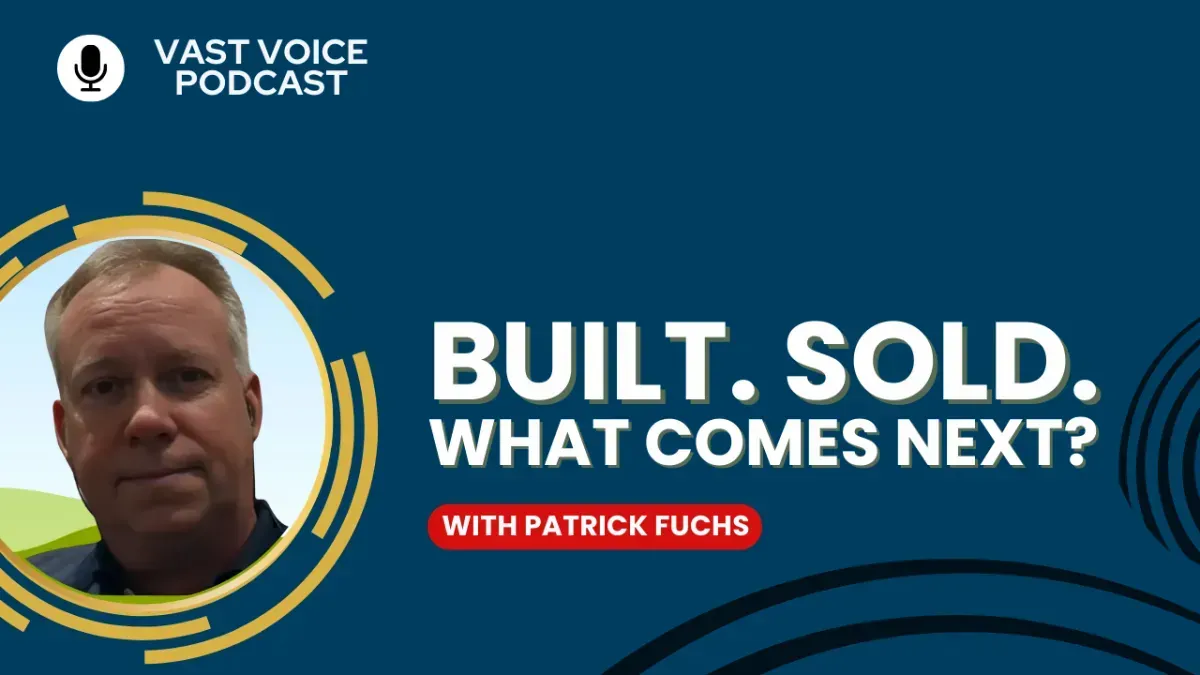
Built. Sold. What Comes Next?
You’ve done it. You built something from the ground up—sweated through the startup phase, scaled through growing pains, and finally, closed the deal. You sold your business. 🏆
First of all… congratulations! 🎉 This is a moment few people reach, and it’s worth celebrating. But now that the dust has settled, the checks have cleared, and your business card has been retired—what’s next?
Believe it or not, the post-exit chapter is just as critical as everything that came before. In fact, what you do next can determine whether your wealth grows, stagnates, or slowly disappears.
Let’s break it down. 🔍
🧭 Step 1: Pause, Reflect, and Redefine Your Purpose 🎯
After years of hustle, your identity may have been tied to your business. Selling it can feel like a relief—or a loss. Take time to redefine your “why”.
Ask yourself:
What do I want to do with my time now? ⏳
What impact do I want to leave? 🌍
What legacy do I want to build—personally and financially? 🧬
This is your chance to build something new—not out of necessity, but from intention.
🛡️ Step 2: Protect the Wealth You’ve Created 💼🛠️
You’ve just acquired a life-changing sum of money. But with great liquidity comes great responsibility.
Here’s what you need to protect your new wealth:
✅ Asset Protection Strategies
Form legal structures like trusts, LLCs, or family limited partnerships to protect your assets from lawsuits, taxes, or future liabilities.
✅ Tax Minimization Planning
Work with a strategic tax advisor to explore:
Deferred sales trusts
Opportunity zones
Charitable remainder trusts (CRTs)
Advanced tax-loss harvesting
Even after the sale, there are smart moves you can make to reduce your tax burden. 🧾🔥
✅ Estate Planning Update
If you haven't updated your will, beneficiaries, or trusts—do it now. Life after a liquidity event requires a new estate strategy to preserve your wealth for future generations. 👨👩👧👦📜
💹 Step 3: Reinvest for Long-Term Growth 🌱📈
Don’t let your money sit idle in a low-yield account. Put your capital to work in a diversified investment strategy that reflects your new goals and risk tolerance.
Consider:
Real estate for passive income and appreciation 🏘️
Private equity for high-growth opportunities 💼
Index funds or structured notes for long-term safety and scalability 📊
Alternative investments like crypto, collectibles, or startup funding 🚀
This is where having a fiduciary financial advisor pays off. They can build a portfolio that grows with you, not against you.
📋 Step 4: Explore Qualified Plans & Retirement Structures 🧓💡
Just because you've sold your business doesn't mean you can’t still benefit from tax-efficient retirement plans. Consider:
Solo 401(k) or Defined Benefit Plans
Self-Directed IRAs for real estate or alternative investing
Roth conversions while your income is temporarily lower
These tools can be used to build retirement wealth while continuing to reduce your taxable income.
🧘♂️ Step 5: Live Intentionally, Not Just Comfortably 🧭
This is your chance to live not just well—but meaningfully.
Travel the world 🌍
Mentor new entrepreneurs 🤝
Start a foundation or fund causes you care about 💖
Invest in your family’s future through legacy planning 👨👩👦👦
Wealth should serve your values—not just your bank account.
🎯 Final Thoughts: A New Chapter Begins
Selling your business is a powerful milestone, but it’s not the finish line—it’s the beginning of your wealth-building legacy. 🌟
Now’s the time to:
Protect what you’ve earned 🛡️
Grow your money smartly 📈
Enjoy your freedom intentionally ✨
And set the next generation up for success 👣
🧠 Need Guidance on What Comes Next?
Let our team of experts help you transition from business owner to legacy builder. We’ll guide you through advanced tax strategies, estate planning, wealth management, and more—so you can enjoy this chapter with confidence.
